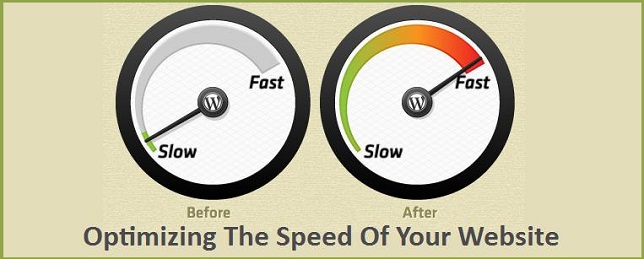The performance of your site, in terms of the speed at which it loads and displays the content for your user, is critical to its success. Slow loading sites have been proven to increase the rate of abandonment among visitors, with as many as 40 per cent of users choosing to quit a site that takes longer than 3 seconds to load up.
Not only that, but since Google built site speed into its algorithm for search engine rankings, you could also be risking all the hard work you’ve done on SEO by tolerating a site that is too slow. Even if Google doesn’t deem your site to be slow enough to penalise, the numbers of ‘bounce backs’ where users click the back button and return to the search page will be enough of an indicator to the search engine that your site is not up to par, and that it should not be returned as high in the results page next time.
Free testing tools
As the owner of the website, it can be difficult to know how your site matches up in terms of speed. Thankfully there are a number of free tools out there which can help to assess how your site is performing right now. Here are just a few of them.
1. Page speed online: A tool from Google, this analyses your website using Google’s best practice markers. You can gain plenty of useful information to kick off the investigations, and can find out about optimising your site for faster loading on mobile devices too.
2. Pingdom: This is a free online speed testing tool from Pingdom which returns several reports including a breakdown of how long each object on each page takes to load, helping you pinpoint the bottlenecks that are causing poor performance overall.
3. WebPagetest: This online tool is interesting in that it tests your pages loading speed on the three most widely used browsers, Chrome, IE and Firefox. You can also choose to conduct the test from several locations around the world and can simulate different connection speeds to see how this affects the rendering times.
4. Which loads faster? This interesting little tool puts one website in competition with another to see which one loads the quickest. Using this tool you could see whether Google really is faster than Bing, or more importantly, whether your website is performing as well as your main competitors. The information you gain is limited, but you can enjoy finding out how you measure up against the competition.
Limitations of free tools
Of course any service that is offered free of charge is going to come with its own set of limitations. If you are serious about finding out how your site is performing and what you can do to improve it, looking into paid website monitoring could be beneficial to your business. Paid services do more than take a simple snapshot of what is happening right now, instead building on longer-term monitoring of the site and seeing how things really are.
Longer-term website monitoring can help to track user journeys through your site, finding out where and why they drop out and helping you to invest your time and efforts into the places where you will see the best returns.



